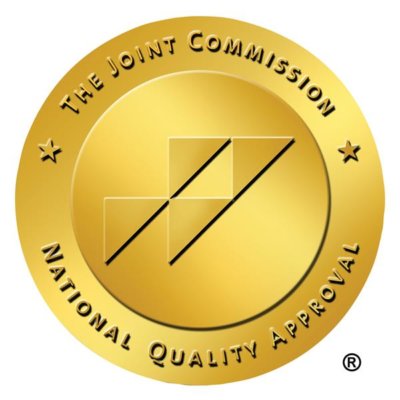How do yoga and recovery go hand in hand? Does yoga evoke spandex and tricky poses? Or do you imagine a yogi chanting by the side of a river in India seeking enlightenment?
In the context of recovery and addiction treatment, yoga has a profound impact. Yoga is an opportunity to engage sensory, non-conceptual awareness. In addition, it decreases emotional reactivity, increases relaxation, and shifts our concepts of self. Hence, it is a way to take ownership of ourselves, our emotions, and our thoughts. Recovery is about becoming who you are meant to be.
According to Khanna and Greeson,
“Addictions are born as a result of ‘mindless’ states involving escapist attitudes, automatic thinking, emotional reactivity and social isolation” (2013, p.3).
So, what is the antidote to isolation? Presence, conscious thinking, emotional regulation, and connection.
What’s one way to find that? Yoga.
At the Redpoint Center, we recognize that being in recovery means more than not using substances or alcohol. It is about a neurobiological and relational shift. Furthermore, it is re-engagement in life. This is why we have yoga classes in our treatment program. And it’s why we are constantly exploring more ways that we can amplify one’s sobriety.
Yoga and Recovery Work Together
What does yoga do exactly? There remains academic uncertainty as to how and why yoga “works.” This ancient practice has been changing lives for centuries. One hypothesis is that yoga, particularly the meditative aspects of the practice, shift our “default mode network” (DMN). Our DMN is comprised of brain regions that are highly self-centered and self-referential.
When operating from the DMN the brain is hyper-focused on self-narratives. This provides little space to gain perspective on one’s life or behavior. However, studies show mindfulness activities like yoga and meditation increase the functional connectivity between the DMN and other brain networks. Furthermore, this results in a decrease in our attachment to the “narrative self” and an increase in the ability to regulate emotions. Consequently, we feel calmer. This allows us to put ourselves and our lives into perspective. Perspective is key. When we get caught up in our past and our personal pain, it is easy to get swept away by stress. We are no longer in the moment when stressed. We are in the past or the present and this causes suffering.
Yoga, Stress, and Trauma Treatment
Research shows that yoga decreases overall stress. And stress is known to trigger substance abuse relapse.
“The relaxation response achieved after yoga may confer the ability to face situations in a relaxed state of mind.” (Khanna & Greeson, 2013, p.3)
The practice also increases mindfulness. In addition, this supports individuals to target mindless thoughts such as the automatic behavioral and mental patterns associated with craving. Furthermore, yoga is gaining momentum as a treatment for PTSD and trauma. Dr. Bessel Van der Kolk practices and teaches trauma-sensitive yoga. He believes that,
“The big benefit of yoga is that you learn to breathe yourself into body positions that are potentially very triggering, but by having the voice of your yoga teacher and having that deep attention to trying to breathe while you do the posture, you can detoxify that particular interoceptive awareness into a piece of safety… once that part of your body becomes a safe part, you become liberated (Van der Kolk, 2015, p. 3).
As we know that trauma and addiction are deeply connected. This growing methodology brings somatic awareness to our known methods of healing. And many are finding contemplative practices to be powerful in transforming PTSD, stress, and trauma.
Yoga gives us the regular opportunity to move the body, practice mindfulness, and often leave feeling more relaxed. And that alone is a gift we all could benefit from.
If you or a loved one is struggling with alcohol addiction, drug addiction, mental health problems, we are here to help. Even if we are not an appropriate fit, we help you find what is the best solution for you and your family.
We treat adults and youth struggling with substance use disorder and alcohol addiction.
Learn more about our Longmont Drug Rehab, call 888-509-3153.
Images courtesy of Shutterstock
Sources
Khanna, S., & Greeson, J. M. (2013). A narrative review of yoga and mindfulness as complementary therapies for addiction. Complementary Therapies in Medicine,21(3), 244-252. doi: 10.1016/j.ctim.2013.01.008
Van der Kolk, Bessel (2015). The body keeps the score: Brain, mind, and body in the healing of trauma. New York (New York): Penguin Books.












